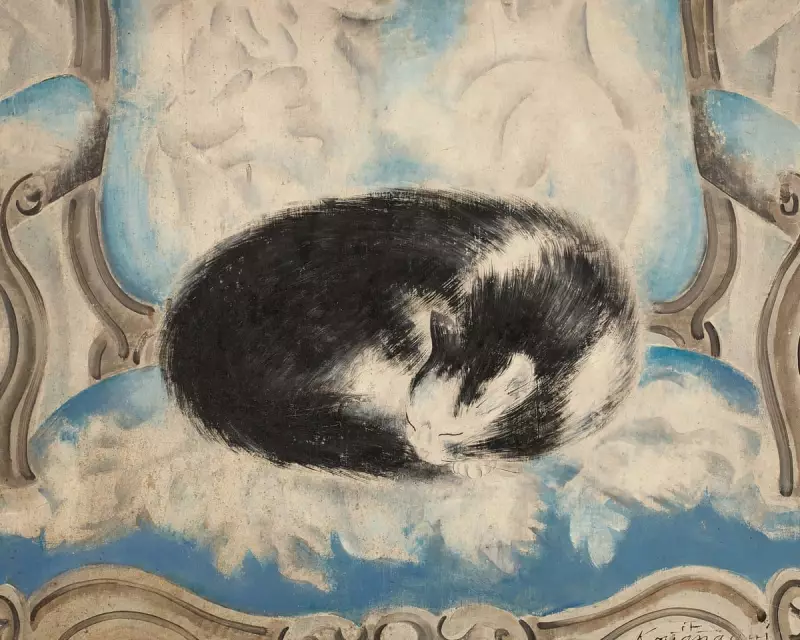
As you watch your feline friend curled up in a sunbeam or your canine companion snoring softly on the sofa, you might wonder: is all this sleeping actually normal? Many pet owners find themselves questioning whether their animal's seemingly endless slumber is cause for concern or simply part of their natural rhythm.
The Science Behind Pet Snoozing
According to veterinary experts, extensive sleep periods are completely normal for most household pets. "Cats can sleep anywhere from 12 to 16 hours a day, while dogs typically need between 12 and 14 hours," explains Dr Sarah Jenkins, a leading veterinary behaviourist. "These patterns are rooted in their evolutionary biology as predators who conserve energy between hunting opportunities."
When Should You Worry About Your Pet's Sleep?
While extended napping is generally harmless, certain signs should prompt a visit to your vet:
- Sudden changes in sleep patterns - If your normally active pet becomes excessively sleepy
- Difficulty waking - Your pet seems disoriented or struggles to rouse
- Sleep interfering with normal activities - Missing meals or showing no interest in play
- Other symptoms - Combined with weight loss, limping, or behavioural changes
Age Matters: Sleep Needs Through Life Stages
Just like humans, pets' sleep requirements change throughout their lives. Puppies and kittens may sleep up to 20 hours daily as their bodies grow and develop. Senior pets also tend to require more rest, though quality of sleep becomes increasingly important.
"The key isn't just counting hours," advises Dr Jenkins. "It's about understanding what's normal for your individual pet and noticing when patterns shift dramatically."
Creating Healthy Sleep Environments
Ensuring your pet has comfortable, dedicated sleeping areas can improve their rest quality. Consider these factors:
- Quiet spaces away from household traffic
- Comfortable bedding appropriate for your pet's size and age
- Consistent routines that help regulate their internal clocks
- Mental stimulation during waking hours to promote better sleep
While it's tempting to compare pet sleep to human patterns, our animal companions operate on different biological clocks. Their sleep is often lighter and more fragmented than ours, with cats particularly adapted to multiple short naps rather than continuous overnight sleep.
If you're concerned about your pet's sleeping habits, the best approach is to track their patterns for a week and discuss any worrying changes with your veterinarian. Most often, you'll discover that your sleepy companion is simply enjoying the comfortable life you've provided.





